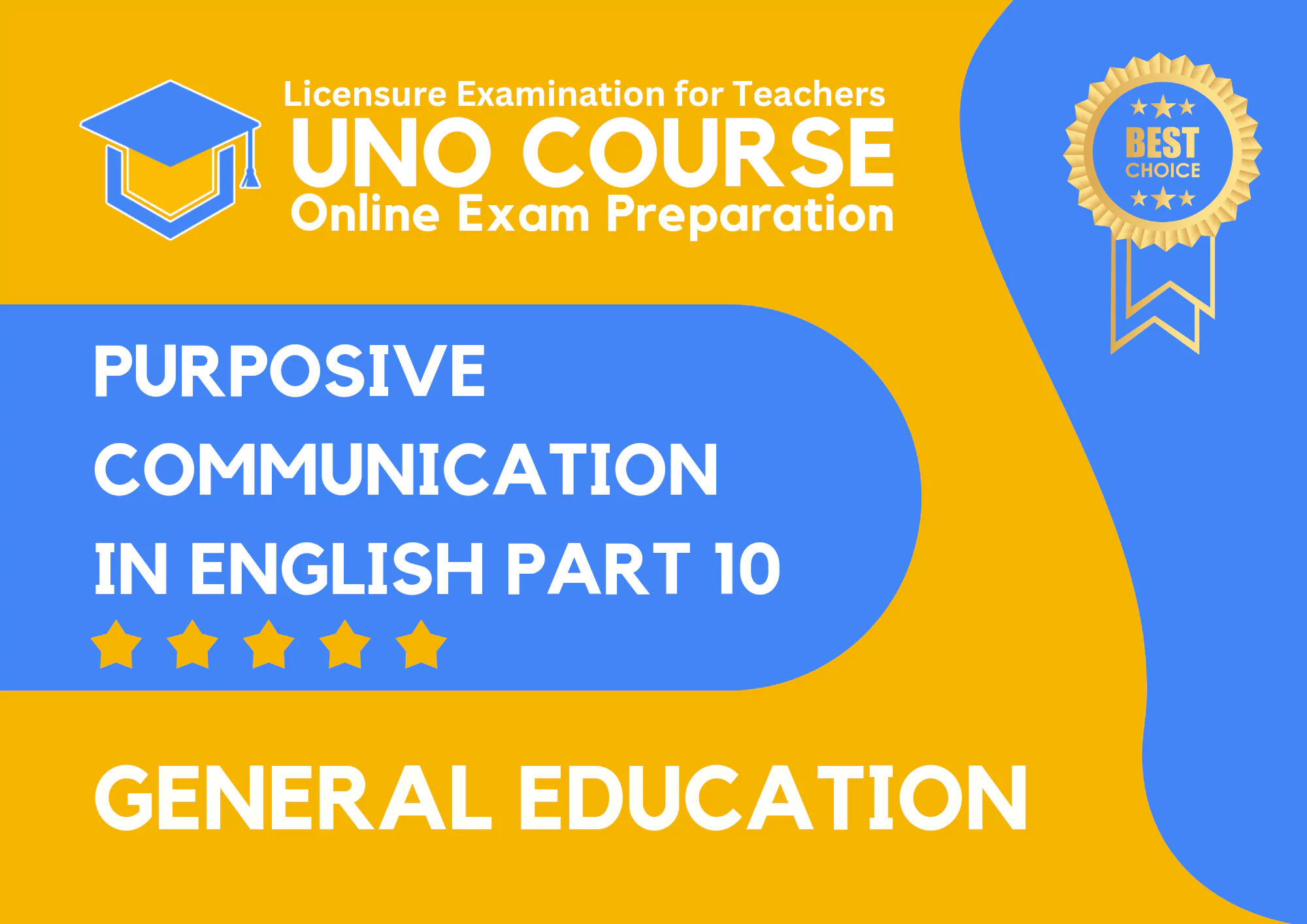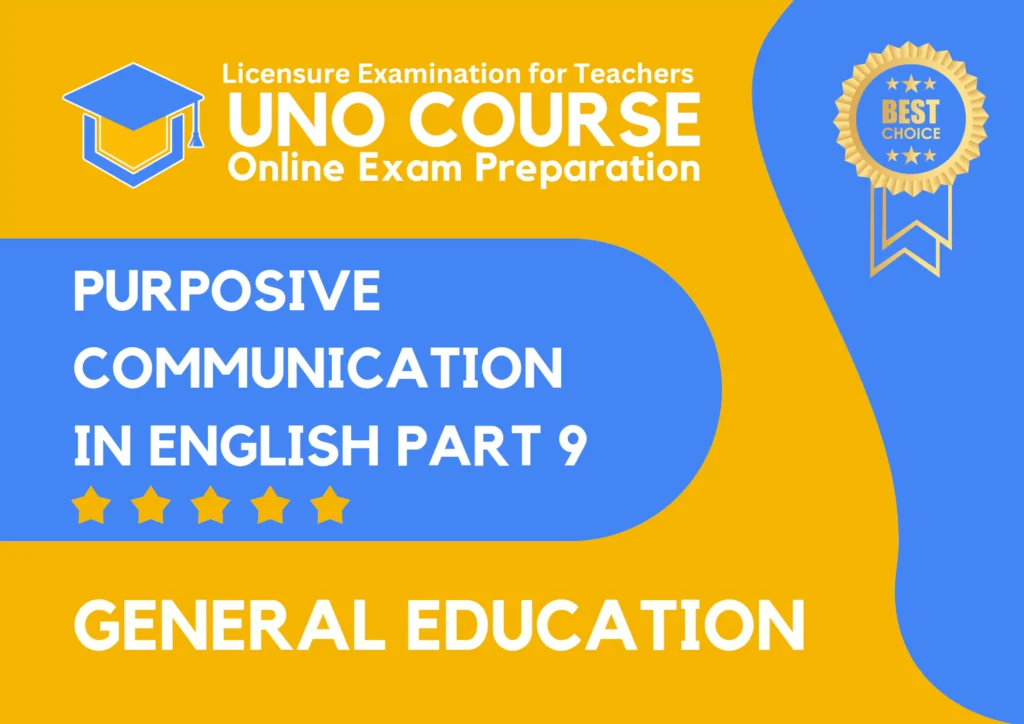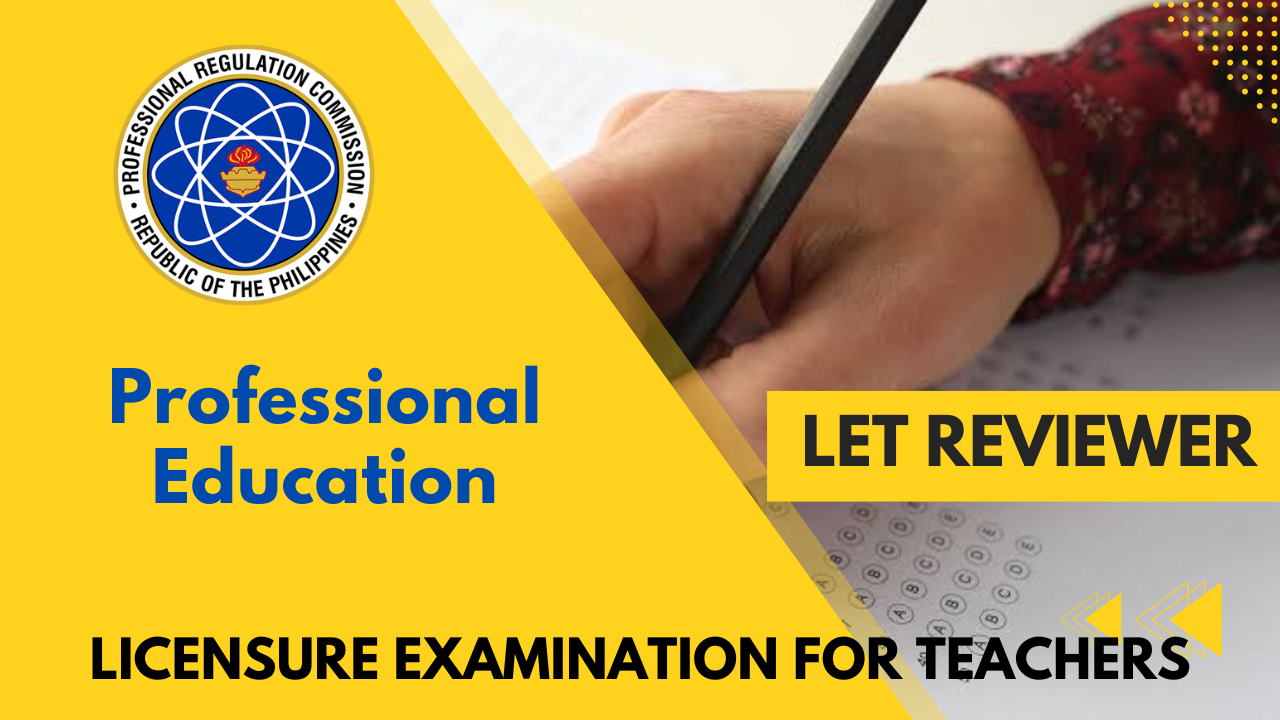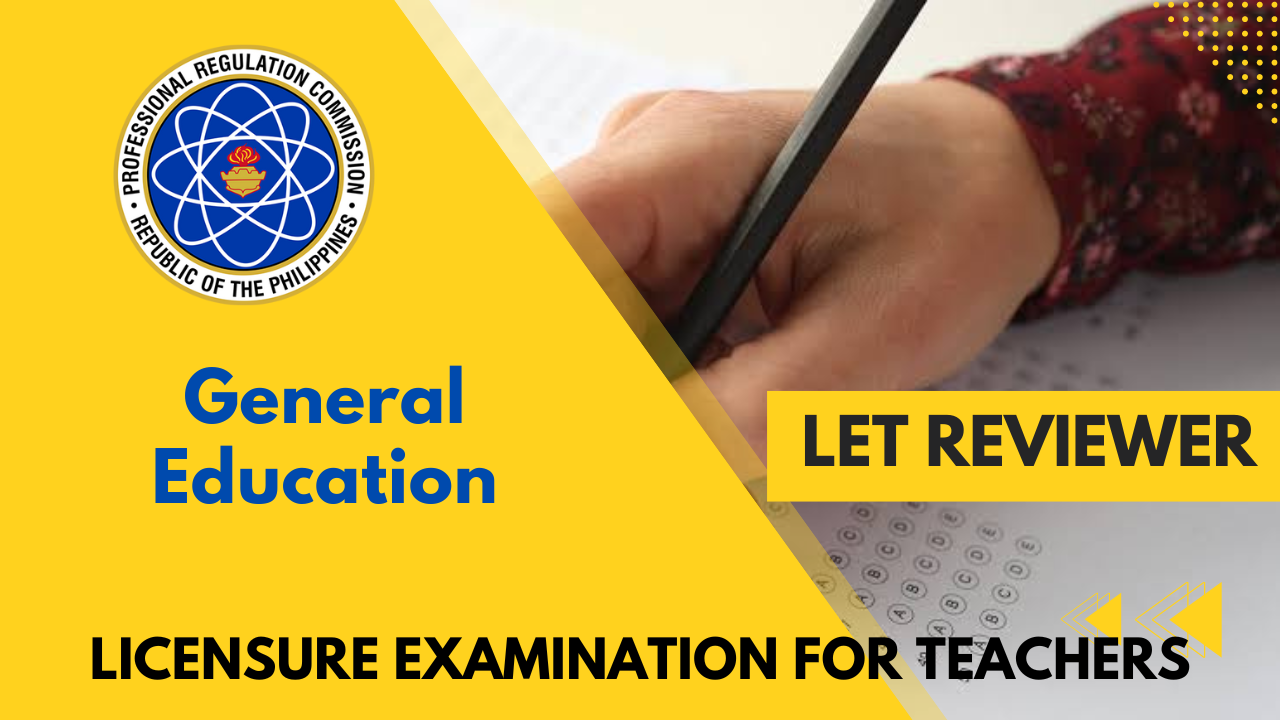
General Education in the New Curriculum – English Test 10

Purposive Communication in English
What’s wrong with the sentence?
A. It is a run-on sentence.
B. It is a compound sentence.
C. I “would” should be I “will.”
D. if I had the time should be if I have time.
A. It is a run-on sentence.
A run-on sentences, also known as fused sentences, occur when two complete sentences are combined without using a coordinating conjunction or proper punctuation.
A. I love to write short stories. I would write one this summer vacation if I had the time.
B. Because I love to write short stories. I would write one this summer vacation if I had the time.
C. I will write one this summer vacation, If I had the time because I love to write short stories.
D. I will write one this summer vacation I will have time because I love to write short stories.
A. I love to write short stories. I would write one this summer vacation if I had the time.
A. laid
B. lay
C. lied
D. lain
A. laid
“Laid” is the past tense of “lay,” the correct verb for the sentence.
A. besides
B. over
C. beside
D. from
C. beside
“beside you” means “near you” while “besides” means “other than”
A. began
B. begin
C. begun
D. beginning
C. begun
“Begun” is the past participle form of “begin”; the verb is in the present perfect tense, “have begun”
A. imply
B. conclude
C. infer
D. dictate
A. imply
Imply means to hint at something.
A. imply
B. conclude
C. infer
D. dictate
C. infer
Infer means to deduce or conclude from evidence rather than from explicit statements.
A. committee should be “comittee”
B. Occassionally should be “Occasionally”
C. committee should be “commiittee”
D. Occassionaly should be “Ocassionally”
B. Occassionally should be “Occasionally”
Only “Occassionally” is wrongly spelled which should be corrected with just one “s”
A. up
B. out
C. in
D. No preposition after “filled”
A. up
Fill up means to make full.
A. To what academic unit do you belong to?
B. To what academic unit you belong?
C. To which academic unit do you belong?
D. Which academic unit you belong?
C. To which academic unit do you belong?
Avoid redundancy. The sentence begins with “To” and ends again in “to”.




0 Comments